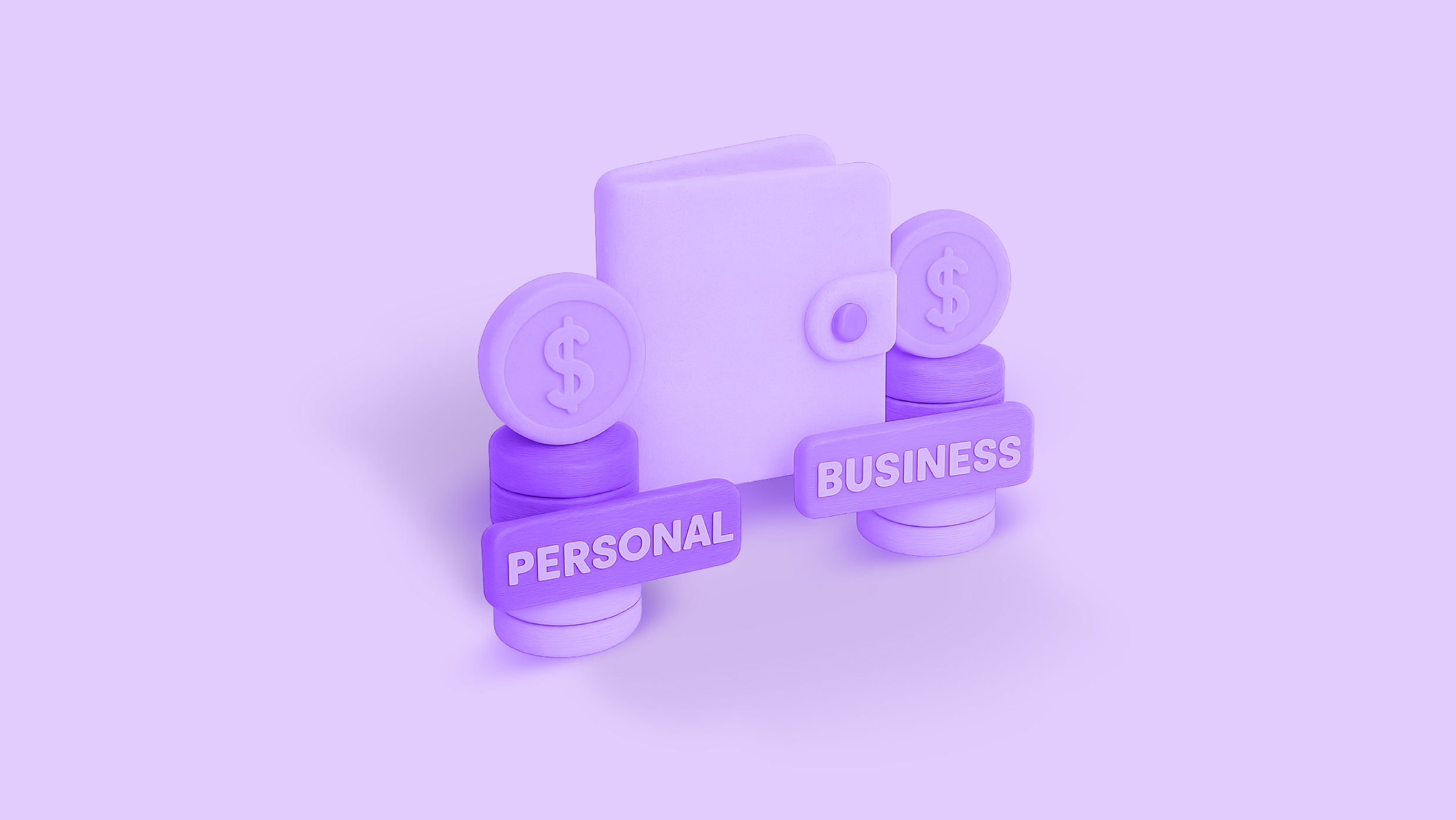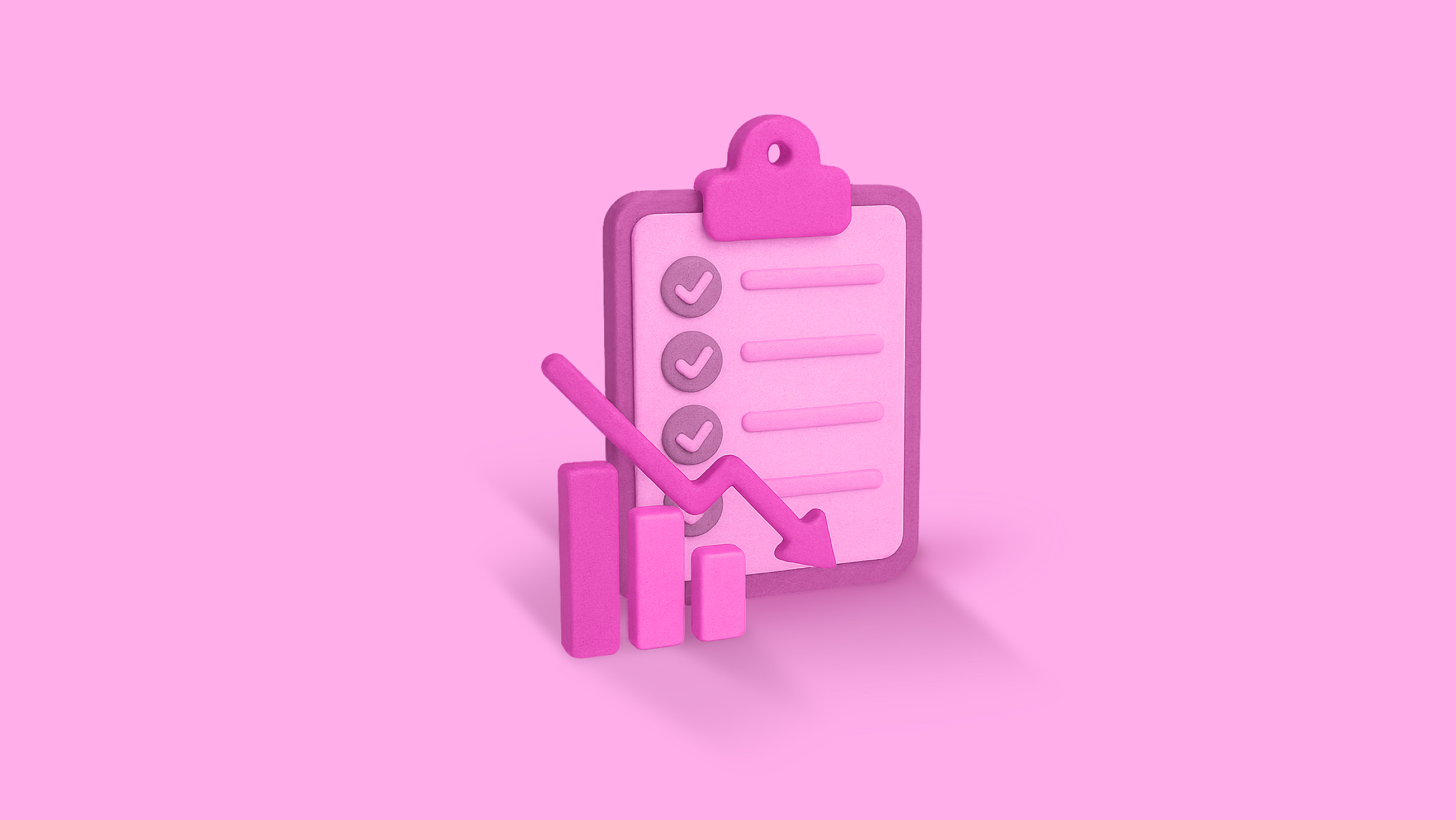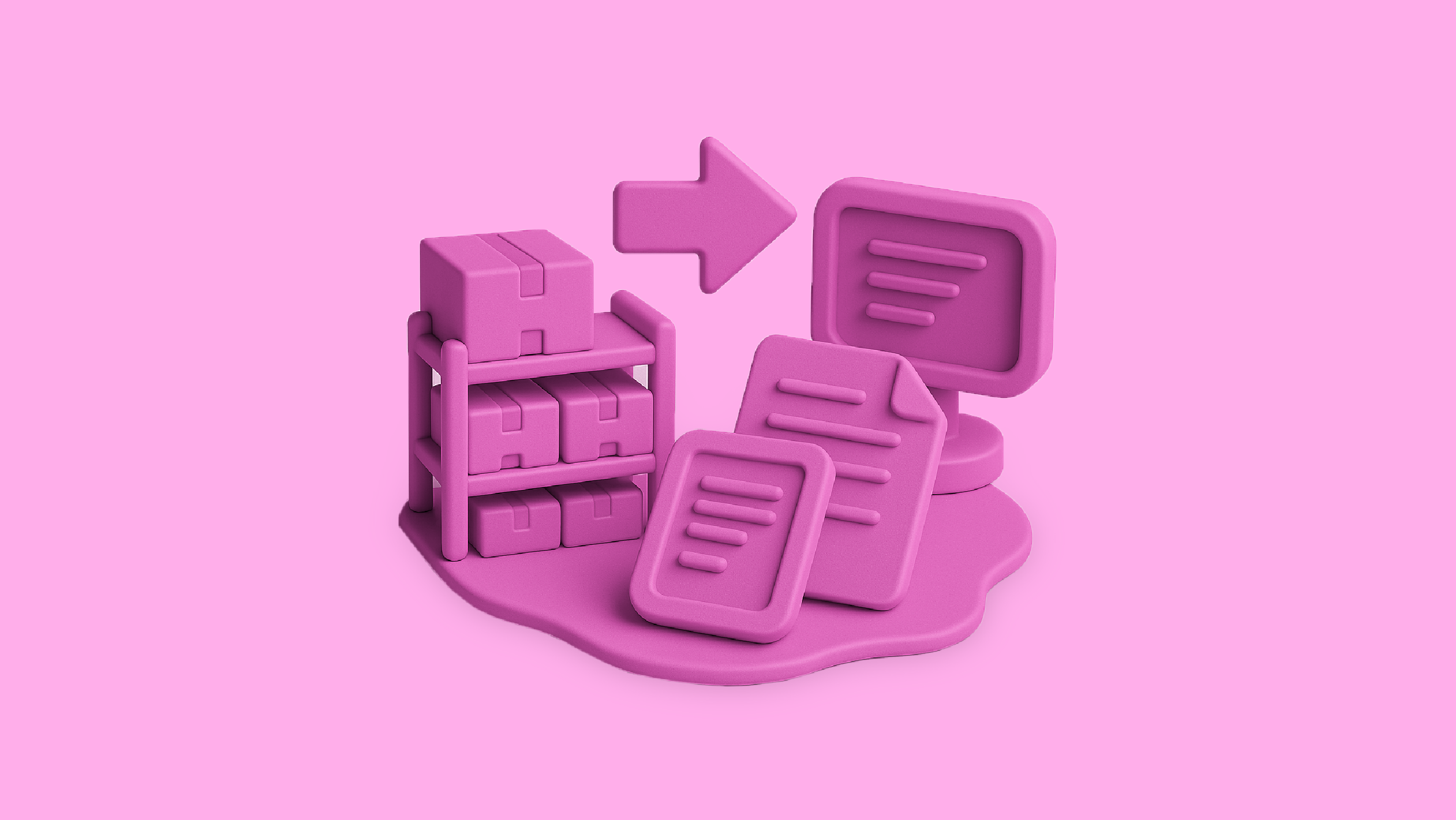Managing money is a big part of running a business. But when personal funds and business finances are mixed together, things can quickly become unclear. What may seem like a harmless shortcut at first can lead to confusion, missed tax deductions, and even legal trouble later.
Separating business and personal finances is a simple yet powerful habit that can bring clarity, control, and professionalism to the way you handle money. Whether you’re a freelancer, entrepreneur, or small business owner, this practice lays the foundation for better financial decisions and long-term stability.
What Does It Mean to Separate Finances?
At its core, separating business and personal finance means keeping your professional earnings, expenses, and savings away from your personal funds. It’s about having dedicated bank accounts, using different payment tools for business transactions, and ensuring your business finances are recorded independently from your household or lifestyle expenses.
This isn’t something meant only for large companies. Whether you’re a freelancer, run a small business, or operate as a sole proprietor, separating finances from the beginning sets a strong foundation.
Why It Matters
1. Simplifies Accounting and Bookkeeping
When your transactions are mixed, every task becomes harder. Whether you’re managing invoices, checking profits, or reviewing monthly expenses, tangled data slows you down.
Clear separation helps you:
- Track business performance easily
- Share clean records with your accountant
- Avoid manual sorting later
It’s the difference between scanning one bank statement or digging through months of mixed entries.
2. Makes Tax Filing Easier and More Accurate
Tax season can be stressful enough without having to guess whether an expense was business-related. When your financials are separated:
- You can identify eligible deductions easily
- There’s less risk of underreporting or overreporting
- Audits, if they ever happen, are much easier to handle
Having a separate record also means you’re less likely to overlook business expenses you’re entitled to claim.
3. Adds Credibility to Your Business
Using a personal account for business transactions may not inspire confidence in your clients or partners. On the other hand, a professional setup—with a business bank account and proper invoices—shows that you take your work seriously.
It also builds trust when dealing with vendors, investors, or applying for credit. A clean track record makes your business look more reliable and better organized.
4. Protects You Legally (Especially If You Have a Registered Business)
For registered entities like private limited companies or LLPs, the business is considered a separate legal entity. Mixing personal funds with business transactions can blur that line and weaken the legal protection offered to the business owner.
Even if you’re operating as a sole proprietor, maintaining this distinction helps reduce the risk of personal liability in case of disputes or financial losses.
5. Gives a Clear Picture of Business Health
When your financials are mixed, it’s hard to know how well your business is doing. Are you actually making a profit? How much are you spending on operations? Is your business’s cash flow sustainable?
Separating finances gives you clarity. It helps you set realistic goals, identify areas to cut costs, and make better decisions for the future.
Common Mistakes to Avoid
Even with the best intentions, it’s easy to slip into habits that blur the lines. Here are some things to watch out for:
- Using one account for everything: Even if you “remember” which transaction was for business, it’s risky and often leads to confusion later.
- Paying for business expenses using personal credit cards: Unless you have a system to track and reimburse these properly, it can complicate your records.
- Transferring money between personal and business accounts without documentation: If you do need to take a salary or cover an emergency, make sure it’s recorded properly, as an owner’s drawings, loan, or reimbursement.
Avoiding these mistakes will make your financial life much easier, especially as your business grows.
How to Start Separating Business and Personal Finances
If you haven’t started yet, don’t worry. Here are simple steps to help you make the switch:
1. Open a Dedicated Business Bank Account
This is the most important step. Choose a bank that offers a current account or business account with online access and features that suit your business needs. Use this account exclusively for receiving client payments and paying for business expenses.
2. Get a Business Debit or Credit Card
Using a separate card for purchases makes it easy to track expenses. You’ll know instantly that everything charged to that card is related to your work.
3. Use Accounting Tools or Spreadsheets
If you’re just starting out, a simple spreadsheet can help track income and expenses. But as your business grows, managing everything manually can become time-consuming. That’s when tools like OPEN Money can make a difference. It offers invoicing, expense tracking, and connected banking features—all in one place—helping you manage your business finances more efficiently and stay on top of cash flow.
4. Set Clear Boundaries
Decide upfront what counts as a business expense and stick to it. If you work from home, note down which part of your electricity or internet bill is business-related. Create a simple system for reimbursements if you do use personal funds for any business purpose.
5. Review Your Finances Monthly
Set aside a fixed time each month to look at your business finances. This habit helps you spot issues early and plan better for the months ahead.
Conclusion
Separating business and personal finance isn’t just a best practice—it’s a way to protect your business, make smarter decisions, and reduce stress. It brings clarity to your numbers, builds professionalism, and helps you stay compliant as your work grows.
If you haven’t taken this step yet, start small. Open a new account, use it consistently, and make it part of your business routine. Over time, you’ll wonder how you ever managed without it.





